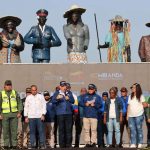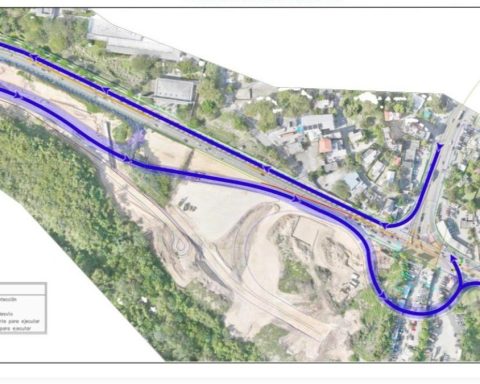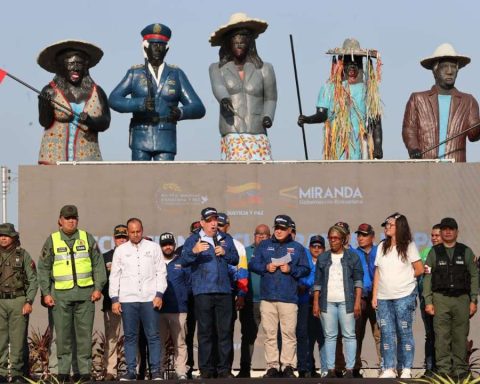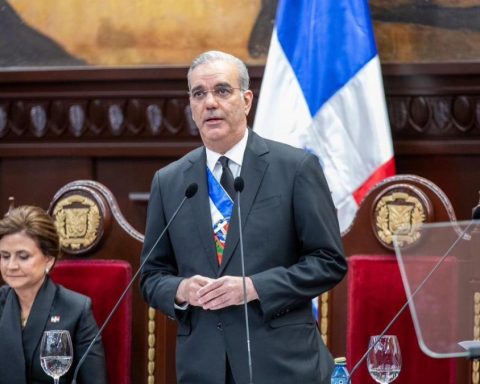P
for neoliberals and ultra-leftists, the popular leadership is viewed with suspicion, as they contemptuously dismiss it as mere populism
, tropical messianism
, synonymous with manipulation of the masses, authoritarianism. Given these conceptions, it is necessary to defend leadership as an expression of a full, material, that is, popular democracy, and to account for its role in the constitution of the people as a political actor, as well as to understand the ethical-political constitution on which is founded.
The people are the political actor par excellence, but how is it formed as a political actor of transformation? In the bowels of a people (the integral body politic) is found the people of the oppressed
like a part
that rises in demand of the satisfaction of their needs. In the irruption of the oppressed there is a fundamental act of solidarity, where they come together to fight, demonstrate and organize. Popular struggles imply a series of relationships on which a people begins to condense and the fabrics from which leadership can emerge are created. In order for the people to become a political actor of transformation, they have to follow their condensation process, which goes through the form of a movement, until they can acquire the form of leadership.
The link that is at the base as well as at the top of the condensation of the people is the leadership itself, as a singularity on which the people are sustained and on which it finishes configuring itself as a transforming subject. Why do we say that the leadership is at the beginning and at the end of the process of constituting the people as a political subject? Since its most primitive struggles, the people are composed and manifested through unique people, who assume the responsibility of fighting for popular demands, beginning an active practice that turns them into militants of said causes. This is how leadership is built over time in struggles and starts from the popular bases as militants. That is why we affirm that leadership is the outbreak of a life of militancy accumulated over time. Great leaders did not emerge overnight just because they were charismatic, but historically, forging battles, and with a history of service.
The deep content of leadership is the ethical act of service that precedes the moment of formal representation. But what does it mean to serve the people? Service is not a bureaucratic activity, nor mere complacent servility, it is the movement from Self to Other. The service that characterizes leadership is the result of a radical transformation of their individual being towards a common, popular subjectivity. Understanding this subjectivity is important, because it is about a singularity that has gone from being selfish to exposing its own body for others.
Leadership, insofar as it comes from the heart of the people and from working in favor of their causes, has expanded its subjectivity and is therefore capable of embody
to the oppressed on the basis of their service ethic subjectivity. A people is concentrated in a leadership and this occurs because a singularity assumes in itself the many, through the disposition of its life to the people (otherwise it would only usurp the representation of the people). Thus, what is at the origin of the political actor of transformation is not a single principle, not a single person, nor the people as an abstract whole, but a mutual relationship in which if one of the two terms (people and leadership) is excluded ) the people cease to exist as a political actor. It is from this leadership that the people find themselves politically, they see themselves as town for itself
: a body in which multiple bodies have been unified. Leadership is the material synthesis that a people gives to itself in order to have direction and incisive action.
When a person has been exposed by the people and has a trajectory of work for the popular benefit, they position themselves as a anointable
, worthy of being recognized by the people as their leadership. At that moment of recognition, leadership is no longer one person, but many; now is a popular subjectivity
part of a dialectical relationship people-leadership
that makes up an extensive body, whose tissues and members are constituted by the relationships of mutual incarnation, support and trust that we grant to who, in turn, is the bearer of popular interests. Hence the popular leadership is not alone. Leadership is a production of the people and its emergence is possible and necessary because the matter from which it is generated is the real community, built by the concrete bodies of people, with the ethical capacity to assume their singularity. a relationship of responsibility for a people.
* PhD in Philosophy (UNAM), collaborator of the National Institute of Political Education

















